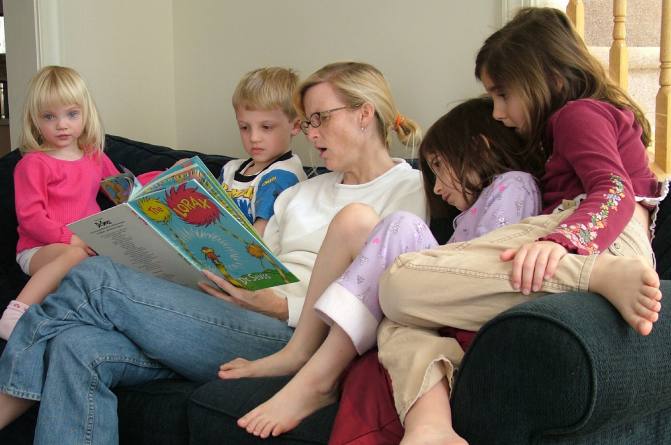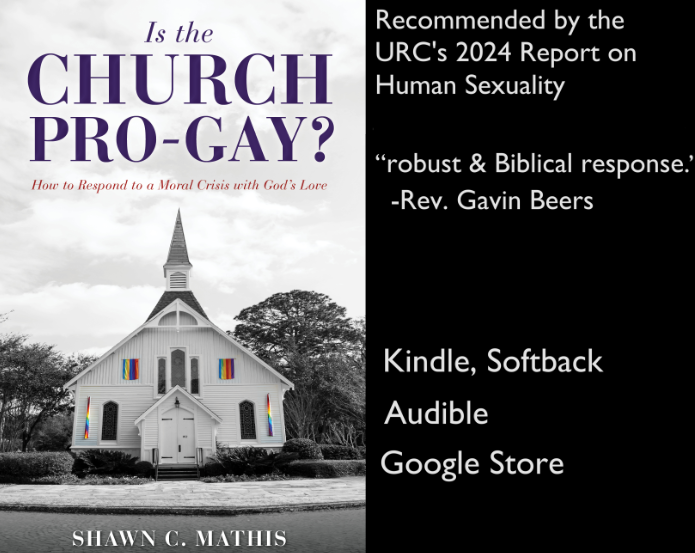
[Reprinted twice since 2009. I’ll have to write up another one]
In my naivete, I thought only the secular school sponsors ranted against home education.
But I was wrong.
I recently discovered that Christians could be against homeschooling. For instance, a professor of theology strongly discouraged homeschooling as a viable option. He may have allowed it under special circumstances but such was not articulated.
I have also heard second-hand from reliable ministers that homeschooling has been discouraged by other ministers. Yet as near as I can tell this is a minority position.
Nevertheless, I think homeschooling should be defended from such detractors.
First of all, parents have Christian liberty in this realm. Sending their children to a good Christian school, using a good tutor, homeschooling or combining all of the above are well within the acceptable parameters of the Bible. What the Bible does not forbid is allowable if used correctly. The Bible does not forbid homeschooling. Therefore, homeschooling is a viable option.
Second, there is no universally acceptable manner to educate children. Naturally, what decision is made in this regard is heavily dependent upon the family’s financial, academic, ecclesiastical and similar circumstances. As much as such circumstances change so there are that many combinations of acceptable educational methods. And mature parents are usually the best judges of their own circumstances.
Third, the Bible assigns the parents as the primary guardians, giving them the responsibility to determine the best nurturing method for the child (Eph. 6:4). Although the Word of God does not specify all the areas and ways to nurture a child, the light of nature and the clear assumption of the Word puts questions of diet, exercise, entertainment, etc. as areas in which parents are granted authority. Certainly, this includes education.
Fourth, religious instruction is assigned to parents (Deut. 6:7; Proverbs). Religious instruction has historically been propagated in the family through daily family worship, catechetical instruction and daily impromptu discussions. Religious instruction being a greater subject of education than math, for instance, it follows from the greater to the lesser that parents have the option to instruct in less sublime topics, if able.
Fifth, history demonstrates the acceptability of homeschooling. Some Puritans practiced it. And some church leaders were partly or mostly homechooled. Historically, homeschooling has never been condemned by the church nor denounced by her leaders.
None of this should be taken to excuse bad homeschoooling. As with any enculturation tool, homeschooling can be abused. This defense of properly applied homeschooling does not defend those families that wish to isolate themselves from the local church. The church of God has her own duty to instruct her members, young or old. Nor is this a defense of those who wish to use homeschooling as a new relational center, replacing a common set of doctrine and practice with a new set of emphases.
Rather, good homeschooling does not consider itself in isolation from the Christian community. It is concerned with doctrinal and practical purity. Furthermore, many families in my experience do not exclusively homeschool but mix it with other approaches.
So, the next time someone wishes to dismiss homeschooling as some suspicious aberration, point out these truths to them. And above all, do not become overly agitated–there are bigger concerns we ought to be worried about.






I was once asked “Why don’t homeschoolers participate in the youth ministry.”
My response “Most churches message for homeschoolers is ‘We’ll take your money, we’ll work you like a rented mule, but if you have any concerns about how we’ve targeted our youth ministry entirely to public school kids, keep those concerns entirely to yourself.'”
Sorry to hear that. Fortunately, that has not been my experience.